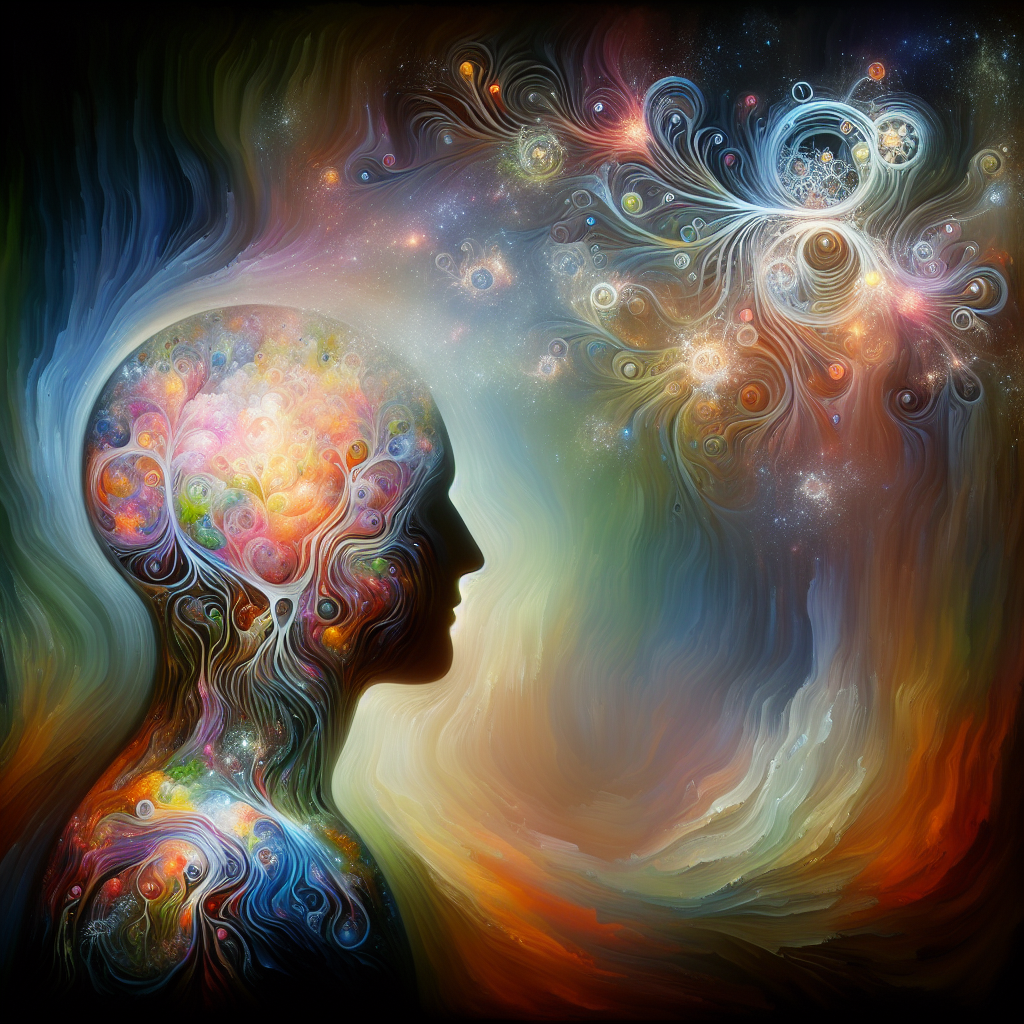Mind Over Matter: The Surprising Truth Behind Consciousness and Your Everyday Choices

The philosophy of mind has long intrigued scholars and laypeople alike. It dances on the frontier of understanding who we are as conscious beings and how our thoughts influence the world around us. With new advancements in neuroscience and artificial intelligence challenging our traditional notion of mind, it raises questions: What does it mean to think? How do our brains shape our identities? And can machines ever possess consciousness like us?
Understanding the Basics: What is the Philosophy of Mind?
At its core, the philosophy of mind explores the nature of consciousness, emotions, cognition, and their relationship to the physical body. It asks fundamental questions such as: Are our mental states separate from our physical bodies? This inquiry leads us to two dominant theories: dualism and physicalism. Dualism, famously championed by René Descartes, posits that mind and body are distinct entities. In contrast, physicalism argues that everything, including thoughts and feelings, can ultimately be explained through physical processes in the brain.
The Mind-Body Problem: A Classic Dilemma
The mind-body problem focuses on how mental states interact with physical states. Consider this practical example: when you feel anxious about a presentation, that mental state manifests physically—your heart races, palms sweat. This intricate connection leads to puzzling debates. If our thoughts are distinct from our biological makeup, how do they influence our behavior? This conundrum remains central to philosophical exploration and scientific research.
Consciousness: The Enigma of Awareness
Perhaps the most captivating aspect of the philosophy of mind is consciousness itself. What does it mean to be aware? Modern science has yet to provide a definitive answer, which has led philosophers to differentiate between “access consciousness,” how we process information, and “phenomenal consciousness,” the subjective experience of being alive. Imagine tasting a ripe strawberry—it's not just about taste but the rich experience, memory, and sensation that arise from it. This complexity challenges our understanding of what it means to be conscious beings.
The Role of Neuroscience: Bridging Philosophy and Science
Recent advancements in neuroscience provide fascinating insights into the brain's workings. Brain imaging technology has allowed researchers to study neural activities, correlating them with thoughts and emotions. Yet, does this mean we've solved the puzzles of consciousness? Not quite. While neuroscience provides tools to understand the brain's operations, it does not wholly encapsulate the richness of subjective experience, leaving plenty of gaps for philosophical exploration.
AI and the Future of Consciousness
As artificial intelligence continues to evolve, the question of machine consciousness looms large. Can a machine, driven by complex algorithms, ever achieve consciousness? Philosophers and technologists debate this possibility, building cases both for and against machine sentience. The notion of AI “thinking” raises existential questions about identity, ethics, and the true nature of consciousness.
The Personal Connection: How Mind Philosophy Affects You
Understanding the philosophy of mind is not just an academic exercise—it shapes our everyday decisions, behaviors, and interactions. It informs how we understand our emotions, process experiences, and relate to others. By engaging with these philosophical discussions, we can explore our perspectives and even enhance our emotional intelligence.
So the next time you find yourself pondering your thoughts or actions, remember: the philosophy of mind bridges the gap between our brains and our sense of self, enriching our understanding of who we are in a complex and ever-evolving world.